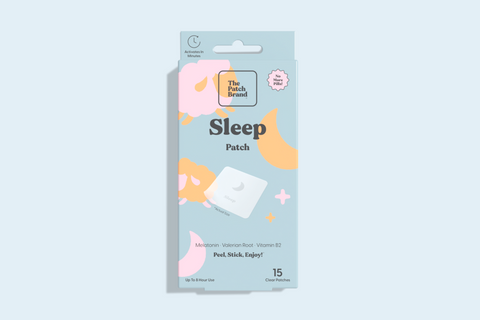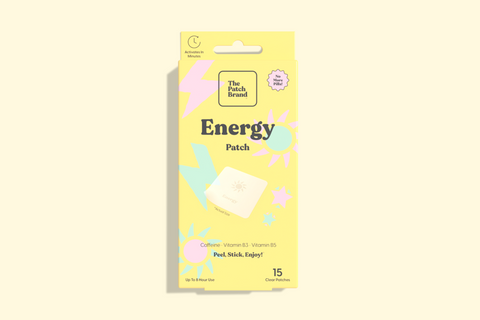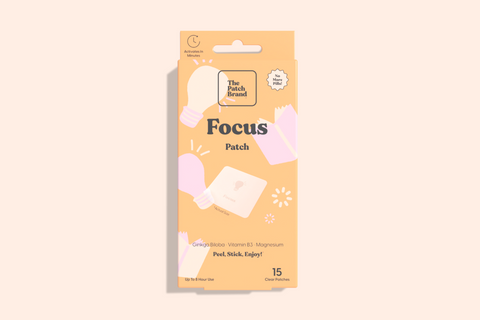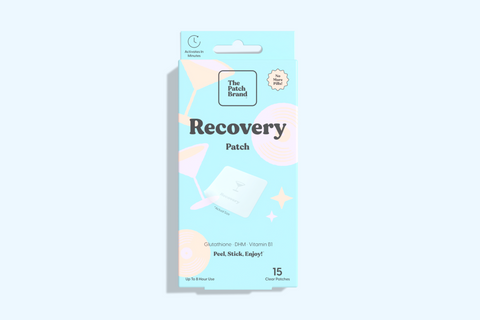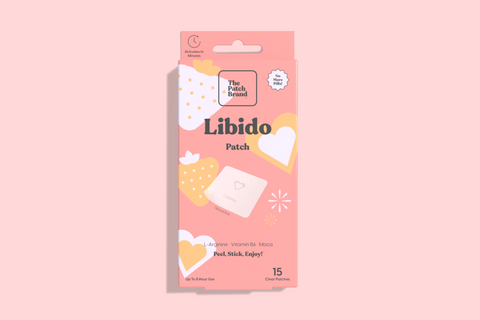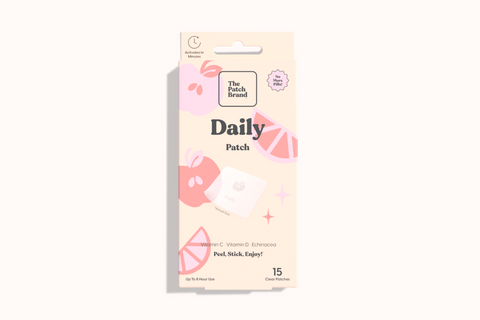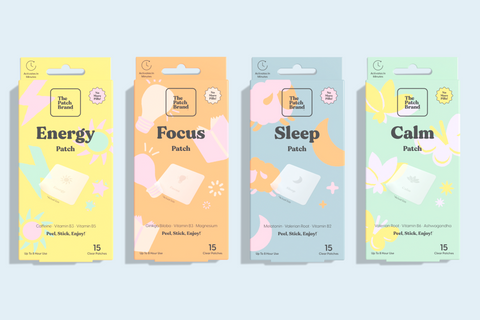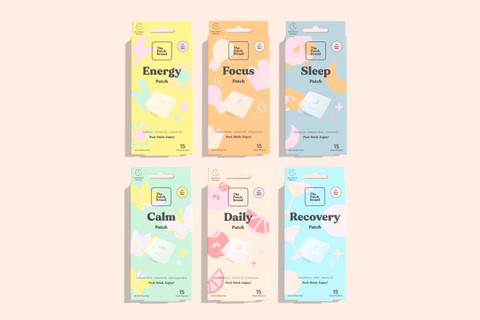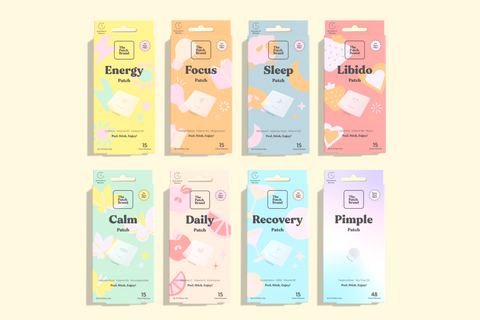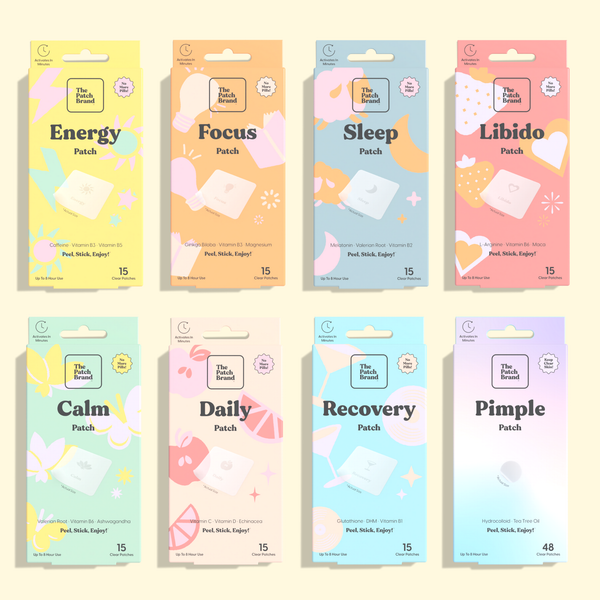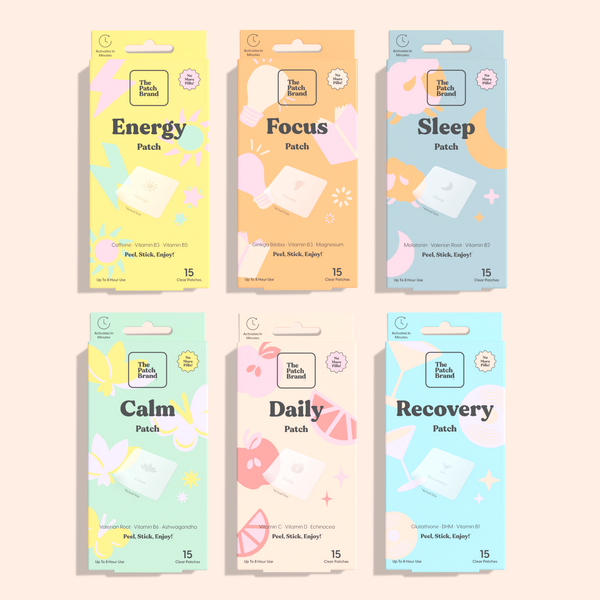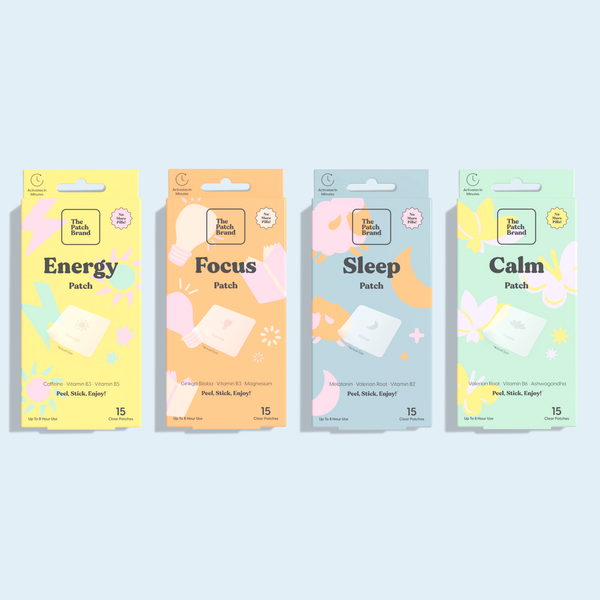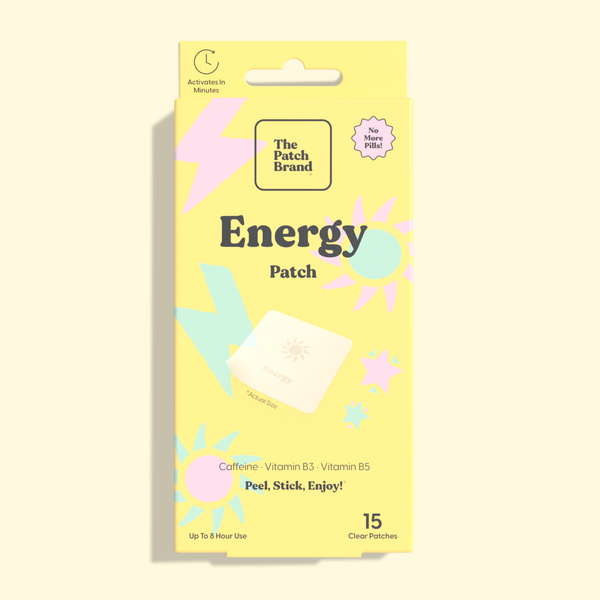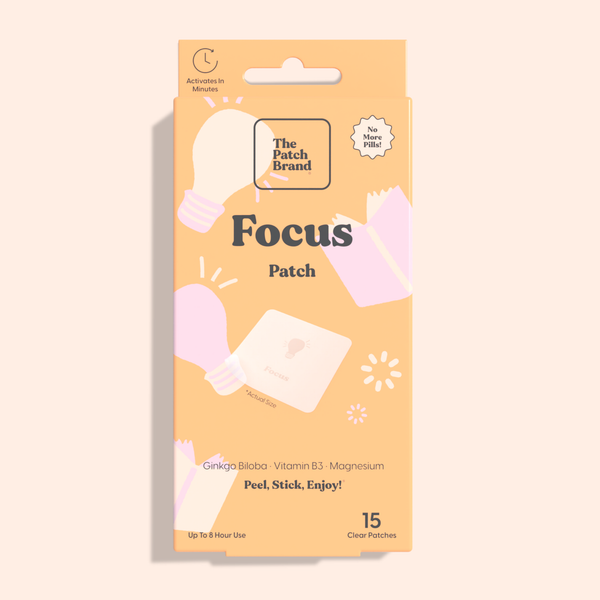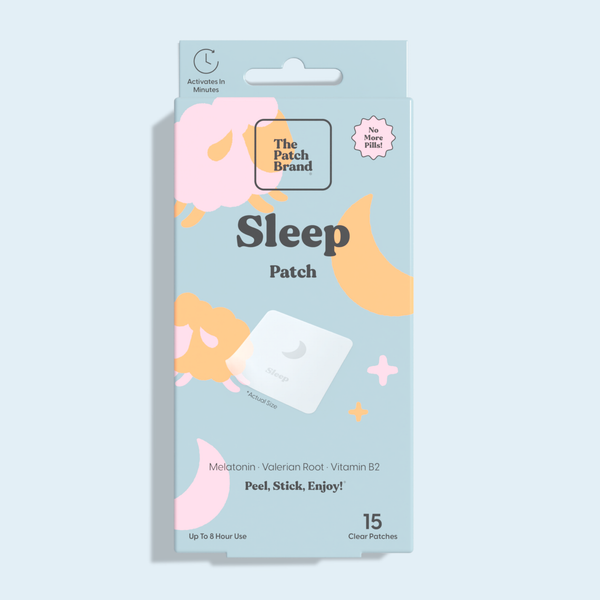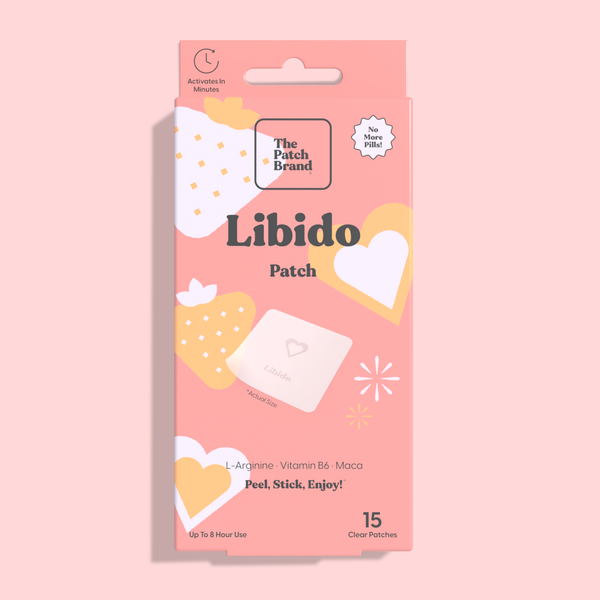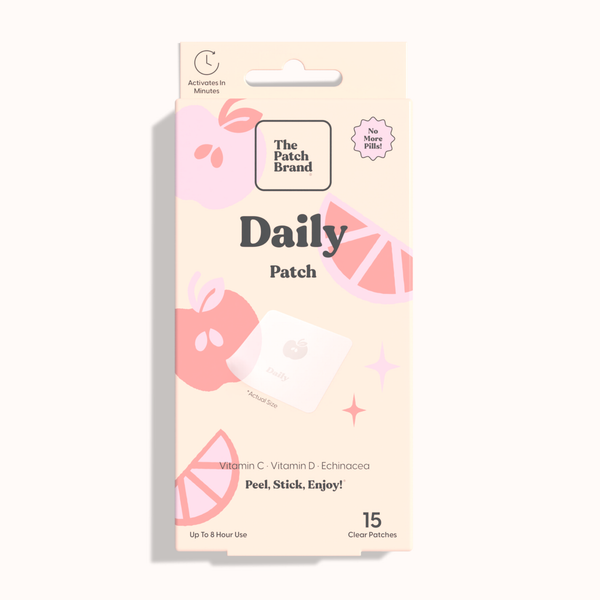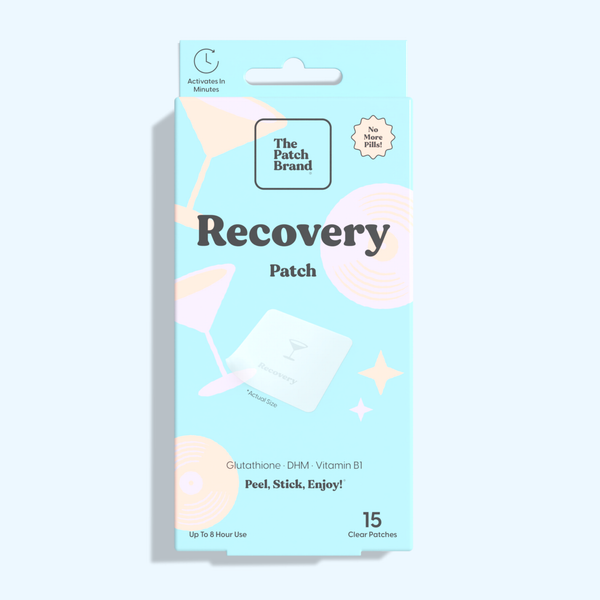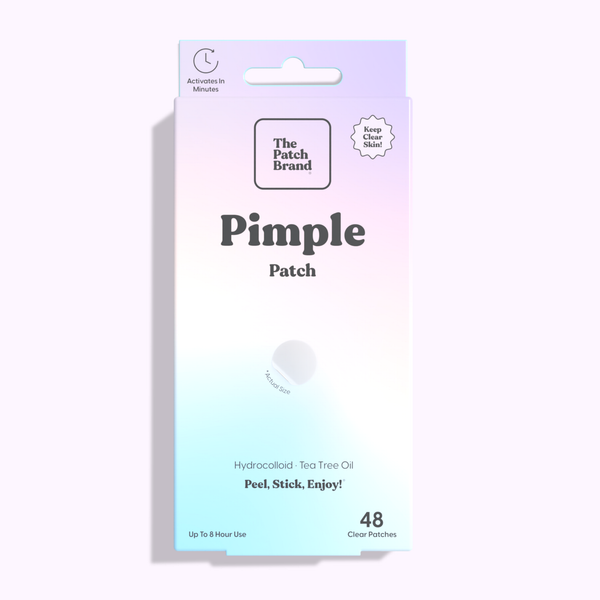Magnesium plays a pivotal role in maintaining brain health, yet its significance often goes unrecognized. This essential mineral is involved in over 300 biochemical reactions in the body, including those that govern the brain's function. Adequate
magnesium brain function benefits are critical for mental clarity, mood regulation, and cognitive processing. As we delve into the complexities of how it impacts our neurological health, it becomes clear why ensuring sufficient intake is vital for maintaining mental acuity and overall well-being.
Magnesium Brain Function Benefits
Cognitive Processes Enhancement
Magnesium's role in enhancing cognitive processes is profound. It controls the flow of calcium ions within neurons and neurotransmitters, which transmit messages throughout the body and brain. An adequate supply of magnesium brain function support can help in maintaining mental function and preventing cognitive decline. This mineral's impact on cognitive abilities underscores its importance in dietary considerations and supplementation regimes.
Memory Improvement
One of the most celebrated magnesium brain benefits is its ability to improve memory. It influences the brain's synaptic plasticity, enhancing the density of synaptic connections. This increase in connectivity leads to more efficient brain function, particularly in the areas associated with learning and memory. Individuals with adequate magnesium levels often experience sharper memories and quicker recall capabilities, illustrating the mineral's crucial role in cognitive health.
Mental Clarity Boost
It is also often referred to as the brain's "anti-stress" mineral, crucial for maintaining mental clarity. By regulating neurotransmitters involved in stress response, this mineral helps minimize the brain fog and confusion associated with high stress levels. People who maintain optimal magnesium levels report better focus, clearer thinking, and a greater capacity to handle stress, making magnesium and brain function closely linked in aspects of mental health and clarity.
Neuroprotective Properties
The neuroprotective properties of magnesium contribute significantly to its importance in brain health. It protects against neurotoxins that can damage nerve cells and brain tissue. Magnesium's ability to prevent excitotoxicity—the process by which nerve cells are damaged or killed by excessive stimulation by neurotransmitters—is particularly valuable in preventing degenerative neurological diseases like Alzheimer's and Parkinson's. This protective role of magnesium underscores its potential as a powerful supplement in magnesium brain supplement formulations designed for long-term cognitive health.
How to Improve Brain Function with Magnesium
Dietary Sources
To harness the cognitive enhancements offered by magnesium, incorporating rich dietary sources of this mineral is crucial. It is abundant in various foods that can be easily included in daily meals. Among the most potent sources are:
-
Spinach: This vegetable is not only an excellent source of magnesium but also offers vitamin K, calcium, and iron, all of which are essential for bone health and energy metabolism. Spinach’s versatility makes it easy to incorporate into a variety of dishes—blend it into smoothies, toss it in salads, or add it to your favorite pasta sauce. By including spinach in your diet, you’ll enjoy the combined benefits of magnesium and other micronutrients essential for cognitive support and overall health.
-
Pumpkin Seeds: Pumpkin seeds are a magnesium powerhouse, providing nearly 190 mg per quarter-cup serving. Beyond magnesium, these seeds are packed with antioxidants, iron, zinc, and healthy fats, which are critical for immune support and heart health. Pumpkin seeds can be easily added to oatmeal, salads, or yogurt, providing a quick magnesium boost throughout the day. Known for their anti-inflammatory properties, they also play a role in maintaining joint health and reducing oxidative stress, making them an ideal snack for holistic wellness.
-
Black Beans: These contain about 120 mg of magnesium per cup and offer a rich source of fiber and protein. This nutrient-dense legume supports digestive health, reduces blood pressure, and helps in managing blood sugar levels, contributing to heart health. Incorporating black beans into soups, stews, or as a side dish not only boosts magnesium intake but also aids in meeting daily fiber requirements, supporting a healthy gut microbiome. The balance of protein and magnesium in black beans makes them particularly beneficial for muscle health and energy production.
-
Almonds: As a filling and nutritious snack, almonds help stabilize blood sugar and can enhance cognitive function thanks to their nutrient profile. You can add almonds to salads, smoothies, or snack mixes, making them a convenient way to increase your magnesium intake. Their combination of magnesium and healthy fats also promotes heart health, reduces LDL cholesterol levels, and contributes to overall metabolic function.
-
Cashews: Cashews provide approximately 74 mg of magnesium per ounce and are known for their creamy texture and slightly sweet flavor. These nuts are also high in copper and phosphorus, essential minerals for bone health and energy production. Cashews make an excellent addition to stir-fries, salad dressings, or even as a base for dairy-free sauces and creams.
-
Whole Wheat Bread: Each slice of whole wheat bread provides about 23 mg of magnesium, making it an accessible source of this mineral. Whole wheat bread is also rich in fiber, supporting digestive health and aiding in steady energy release. Incorporating whole wheat bread into daily meals ensures a gradual magnesium intake while benefiting from B vitamins and antioxidants, which promote cardiovascular health. This bread variety supports balanced blood sugar levels and can be paired with various magnesium-rich toppings like avocado or almond butter.
-
Salmon: Along with being a rich source of omega-3 fatty acids, salmon provides approximately 26 mg of magnesium per 3-ounce serving. Omega-3s work synergistically with magnesium to support brain health, improve mood, and reduce inflammation. Salmon can be baked, grilled, or even smoked, adding both flavor and essential nutrients to your meals. Incorporating salmon regularly into your diet not only provides magnesium but also ensures a heart-healthy source of protein that helps reduce inflammation and boosts cognitive function.
-
Avocado: Avocado is a magnesium-rich fruit offering around 58 mg per whole fruit, along with high amounts of healthy monounsaturated fats and fiber. Known for its creamy texture, avocado is incredibly versatile in dishes like salads, sandwiches, and smoothies. The combination of magnesium and healthy fats in avocados supports heart health, promotes a balanced mood, and aids in the absorption of fat-soluble vitamins. Its high potassium content also helps in regulating blood pressure, making it a valuable addition to a heart-healthy diet.
Incorporating these magnesium-rich foods into your diet can support cognitive health, improve relaxation, and promote a well-rounded nutrient intake. This list provides a variety of options to ensure that every meal can include this mineral in some form, empowering you to maintain balanced magnesium levels that benefit both physical and mental wellness.
Magnesium Supplements
For those who find it challenging to meet their magnesium needs through diet alone, supplements can be a valuable tool. Various forms are available, such as magnesium citrate, oxide, and glycinate. Each form has different absorption rates and benefits, but generally, supplements can help maintain adequate magnesium levels in the body, enhancing brain function and overall health. Consulting with a healthcare provider can determine the best type of supplement based on individual health needs and conditions.
Optimal Magnesium Intake
The recommended dietary allowance for magnesium varies by age, gender, and life stage. For most adults, it ranges from 310 to 420 mg per day. Achieving this target through a balanced diet, possibly supplemented by high-quality supplements, ensures the body and brain function at their best. Regular monitoring of magnesium levels through medical check-ups can also help adjust intake as needed to optimize brain function and overall wellness.
Vitamin Patches: A New Way to Boost Brain Health
How Vitamin Patches Work
Vitamin patches have become a popular, convenient alternative to traditional supplements, offering a steady, controlled release of nutrients through the skin. Each layer of the patch serves a specific purpose, ensuring that the vitamins are delivered effectively and safely. Let’s explore each layer in detail to understand how these patches are designed for optimal performance and comfort.
-
Adhesive Layer: This layer is critical as it allows the patch to adhere to the skin comfortably and securely throughout the day or night. It’s designed to be both hypoallergenic and breathable, reducing the risk of skin irritation or discomfort even for sensitive skin types. By using medical-grade adhesive materials, this layer ensures that the patch stays in place without slipping, allowing for consistent absorption of the nutrients underneath. The adhesive layer is also engineered to be strong enough for various environments, whether worn during exercise, sleep, or daily activities. Its hypoallergenic quality ensures suitability for individuals prone to skin sensitivities, enhancing comfort while maximizing the patch’s effectiveness.
-
Formula Layer: This layer houses the pre-measured dose of essential vitamins and minerals, including nutrients like magnesium and vitamin D, that are commonly used for their energizing or relaxing effects. The nutrients in the formula layer are delivered in a skin-absorbable form, often as nano-sized particles or liposomal encapsulations, which enhance their penetration into the skin. This layer is carefully crafted to release a steady dose of nutrients throughout the day, preventing spikes or drops in vitamin levels. It provides a unique advantage over oral supplements by bypassing the digestive system, which can lead to quicker, more efficient absorption. A controlled release ensures that users receive a balanced and sustained dosage, improving the effectiveness of each nutrient.
-
Release Liner: Before applying the patch, the release liner must be removed to activate the ingredients within. This liner is made from a smooth, non-stick material that keeps the active formula layer clean and uncontaminated until it’s ready for use. By protecting the formula, the liner prevents any premature exposure to air, moisture, or contaminants, which could compromise the patch’s effectiveness. When the release liner is peeled away, the formula layer is immediately exposed to the skin, allowing for seamless application.
-
Backing Layer: The backing layer serves as the outermost barrier, encapsulating and protecting the active ingredients while providing durability to the patch as a whole. Designed to be both flexible and resistant to moisture, ensuring that the patch stays intact even during physical activity or in humid environments. It prevents the active formula from rubbing off onto clothes or skin, preserving the intended dosage. Additionally, the backing layer enhances comfort by adding a soft, smooth surface that feels gentle on the skin. This structural layer also helps to preserve the patch's potency by preventing environmental factors, like light or air, from affecting the nutrients within.

Together, these layers create a highly functional, efficient delivery system for vitamins and minerals. Each component plays an essential role in ensuring that the patch remains effective, comfortable, and safe, offering users an innovative way to supplement their health and wellness routine.
Benefits of Using Vitamin Patches
They are an excellent alternative for individuals who experience gastrointestinal discomfort from oral supplements. Patches offer a convenient, pain-free way of ensuring your body gets the nutrients it needs without the hassle of daily pill intake. As emphasized, the direct absorption into the bloodstream means the body can utilize the nutrients more efficiently, making them particularly effective for delivering magnesium for brain function.
What to Look for When You Buy Vitamin Patches
The
best vitamin patches will be manufactured under strict quality standards, including Good Manufacturing Practices (GMP), which ensure they are safe, pure, and effective. Ingredient transparency is equally important, as reputable companies will disclose all components in their patches, including both active nutrients and any fillers or adhesives. Specific nutrients, like magnesium, should be in a form that allows optimal skin absorption, such as magnesium chloride or magnesium sulfate, which are recognized for their transdermal properties. Additionally, the patch should provide a sufficient quantity to meet daily recommended intakes without risking toxicity, especially for vitamins and minerals that can accumulate in the body. Clear labeling of ingredient amounts helps users avoid the risk of overdosing or underdosing.
Another critical factor in identifying
top-rated vitamin patches is evaluating customer reviews and endorsements from health professionals. Consumer feedback provides real-life insights into the effectiveness of the patch and any potential side effects, such as skin irritation, which can be common with some adhesive patches. Look for patches that have garnered consistent positive reviews, indicating they meet consumer expectations in terms of ease of use, comfort, and nutrient delivery. Health professional endorsements add another layer of credibility, especially if the brand provides scientific backing or clinical trials that support its products. Patches that are designed by, or recommended by, healthcare practitioners are likely to be created with an understanding of bioavailability and proper dosage, enhancing their reliability and effectiveness. To ensure you’re choosing the best vitamin patch, consider the types of nutrients offered and their intended health benefits, as this can vary widely between products. Some patches focus on single vitamins, like vitamin D or B12, which are beneficial for energy and immune support, while others are multi-vitamin patches designed for broad-spectrum nutrition. It’s also worthwhile to consider the brand’s reputation and return policies, as this reflects customer satisfaction and the brand’s confidence in its products.

Magnesium’s role in enhancing brain function is profound and multifaceted. From boosting cognitive processes and memory to providing neuroprotective properties, the benefits of maintaining adequate magnesium levels are well-documented. This essential mineral supports essential neurological pathways that facilitate learning, memory retention, and mental clarity. Ensuring sufficient intake through diet, supplements, or innovative methods like vitamin patches online can significantly impact cognitive health and overall mental wellness.



